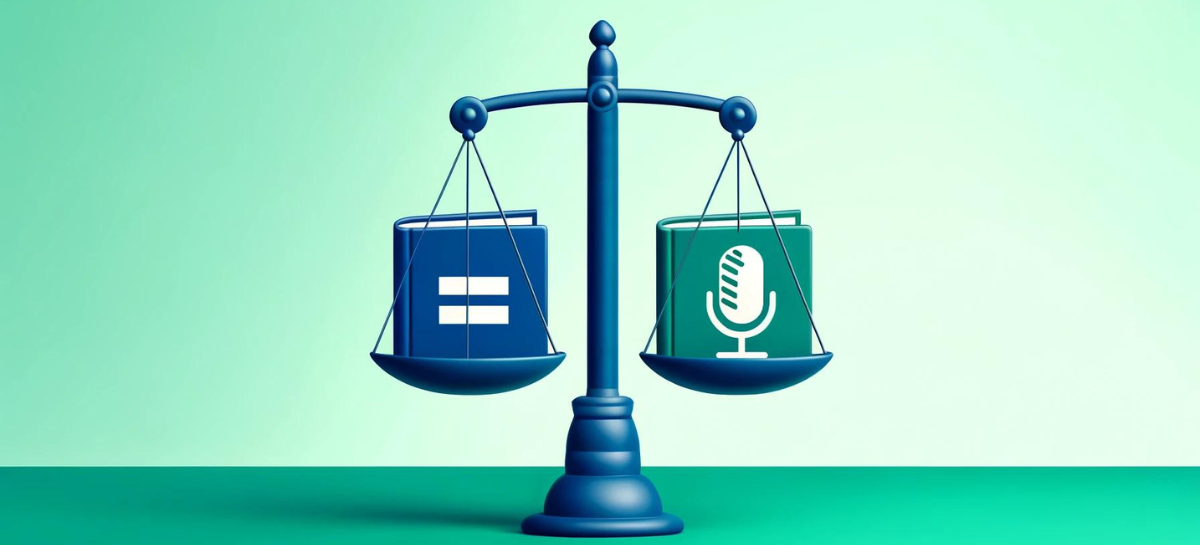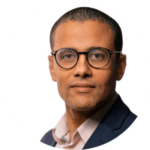
By Jacob Mchangama
It is undeniable that the proliferation of diversity, equity, and inclusion (DEI) programs on college campuses and in the workplace has contributed to a censorious atmosphere throughout U.S. culture. Some employees fear reprisal for speaking about certain issues in the office while college faculty and guest speakers have been shouted down, condemned, disinvited, or denied employment opportunities for questioning DEI policies.
In 2022, Florida passed the Individual Freedom Act, better known as the “Stop WOKE Act,” aimed at rooting out “critical race theory,” or discussions about the impact of systemic or institutional racism in American society, from mandatory employee training and curriculum at public universities.
But did Florida lawmakers move the needle too far in the direction of state-enforced censorship in its attempts to prevent the excesses of DEI programs? Recent federal court decisions have found that Florida’s law creates an environment hostile to free speech.
The 11th Circuit Court of Appeals upheld a lower court’s injunction, barring the state from punishing employers who require diversity and inclusion training. The court argued that the law commits “the greatest First Amendment sin” – that by “limiting restrictions to a list of ideas designated as offensive, the Act targets speech based on its content” and “penalizes certain viewpoints.”
In another ruling, affirmed by the 11th Circuit, U.S. District Judge Mark Walker called the law’s provisions related to public universities “positively dystopian,” since it “officially bans professors from expressing disfavored viewpoints in university classrooms while permitting unfettered expression of the opposite viewpoint.”
While the laws may have been well-intentioned, the courts consistently find that Florida’s attempts to curtail the excesses of diversity, equity, and inclusion (DEI) initiatives abandoned the free speech concerns that drove those criticisms in the first place.
Read MoreJacob Mchangama is the Founder and Executive Director of The Future of Free Speech. He is also a research professor at Vanderbilt University and a Senior Fellow at The Foundation for Individual Rights and Expression (FIRE).

